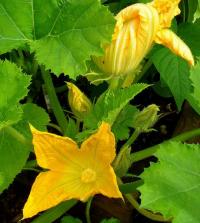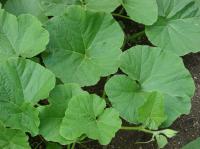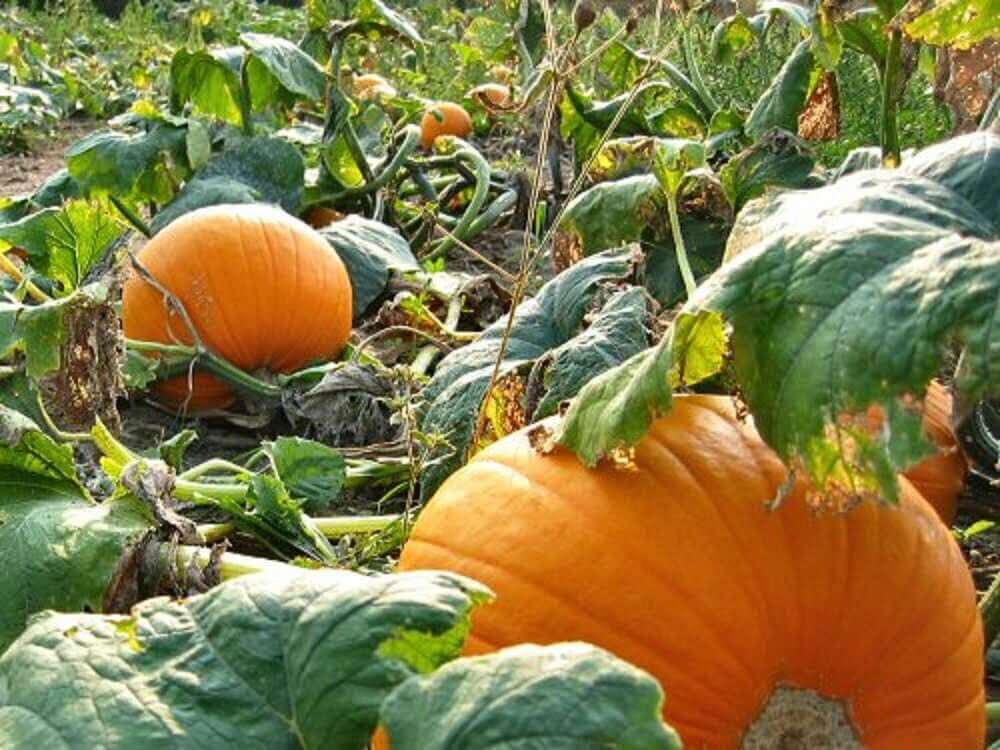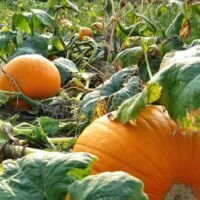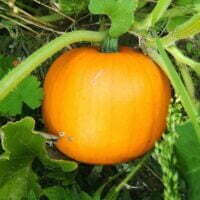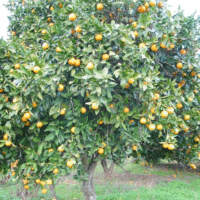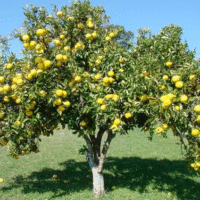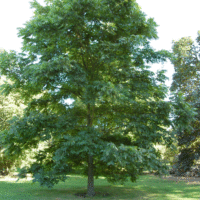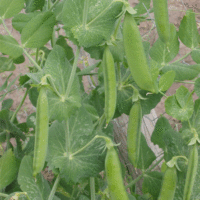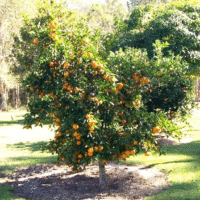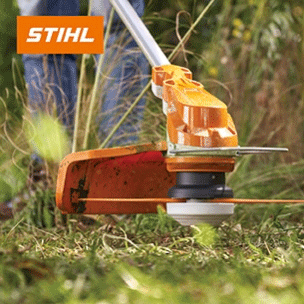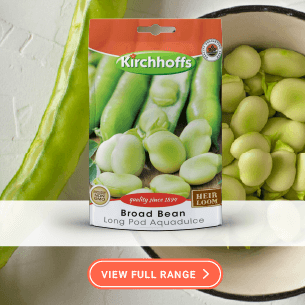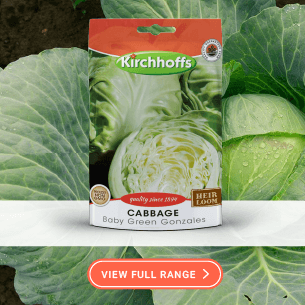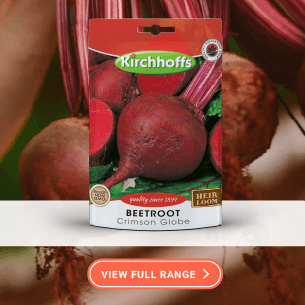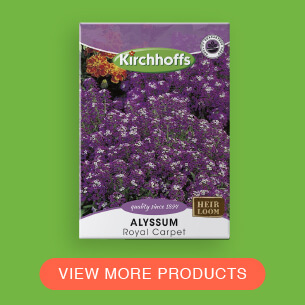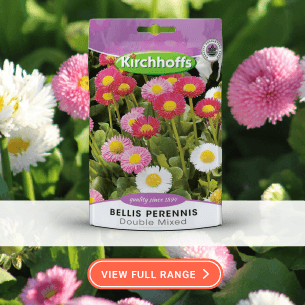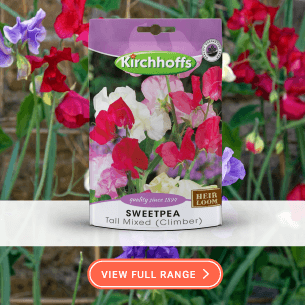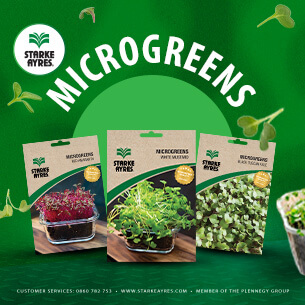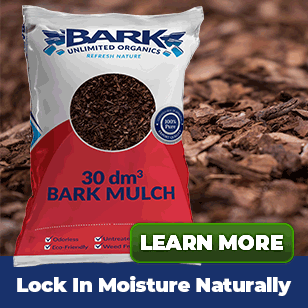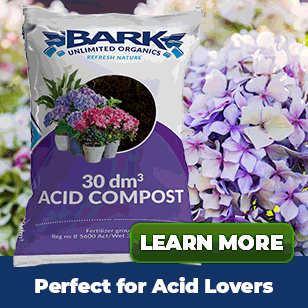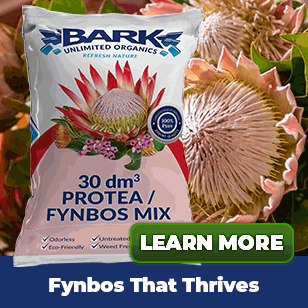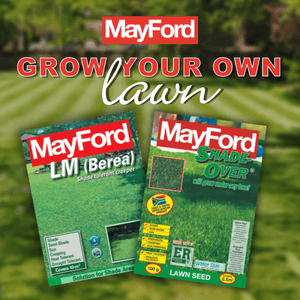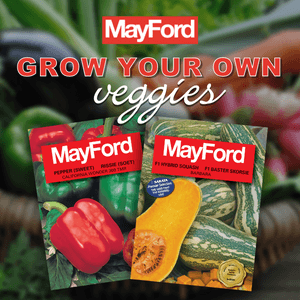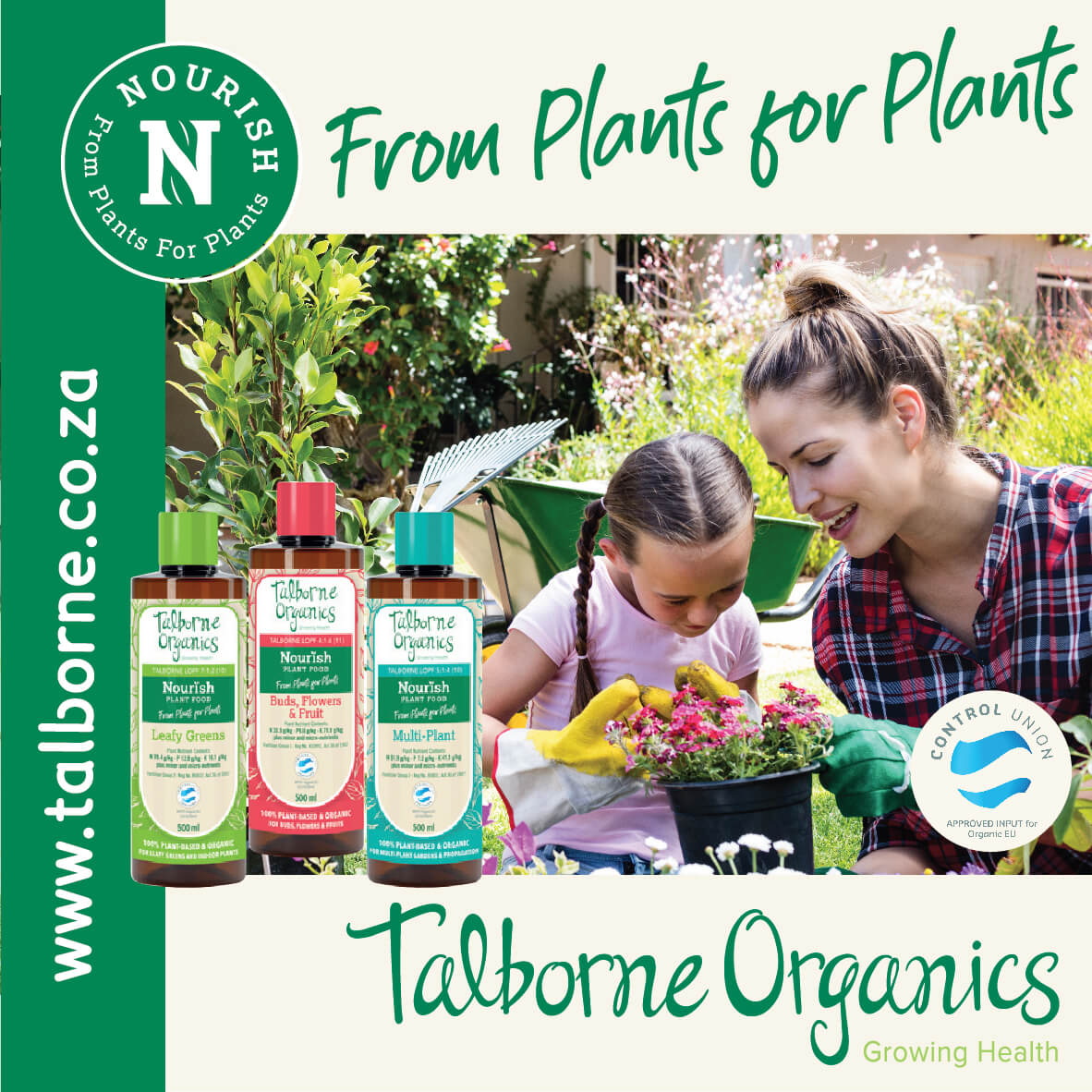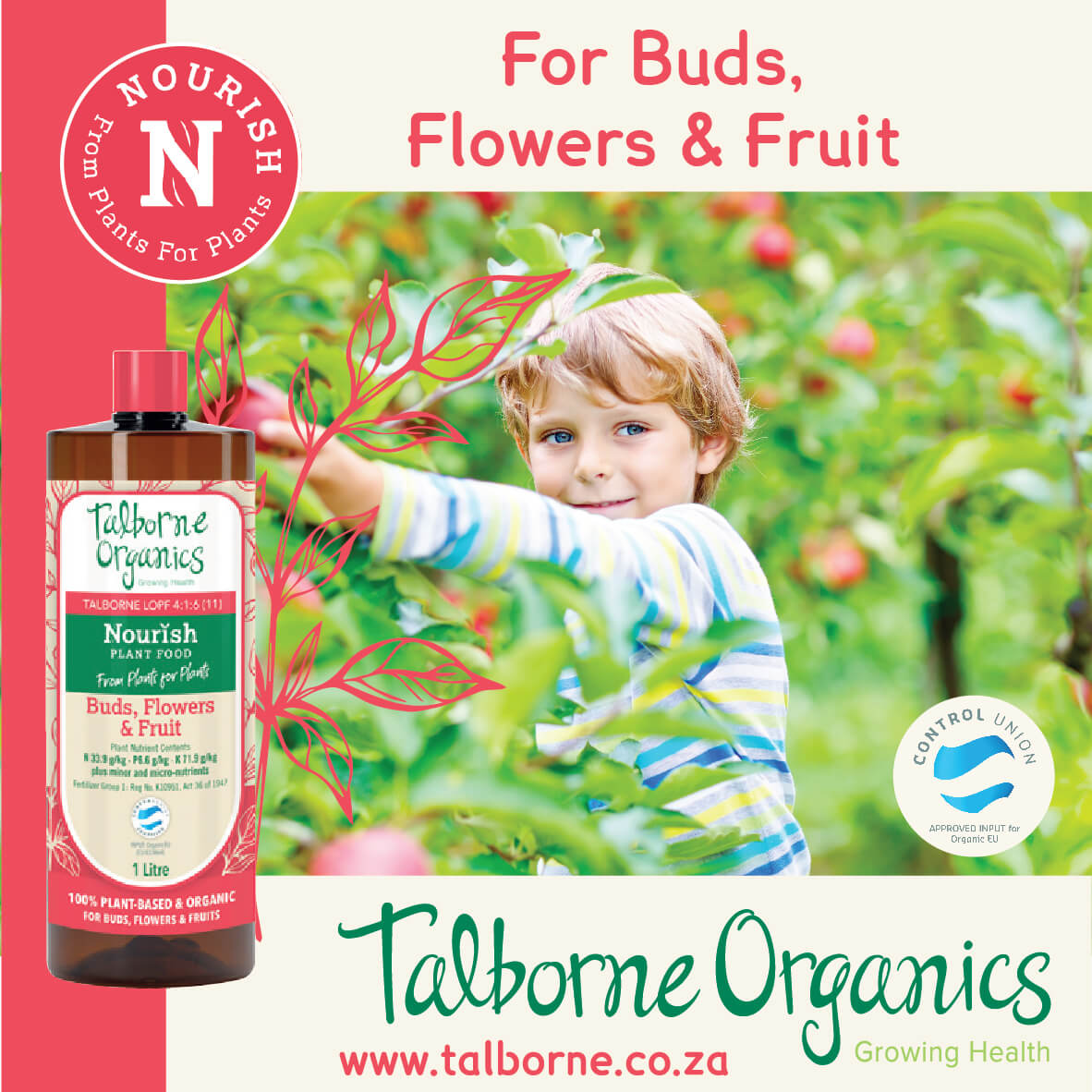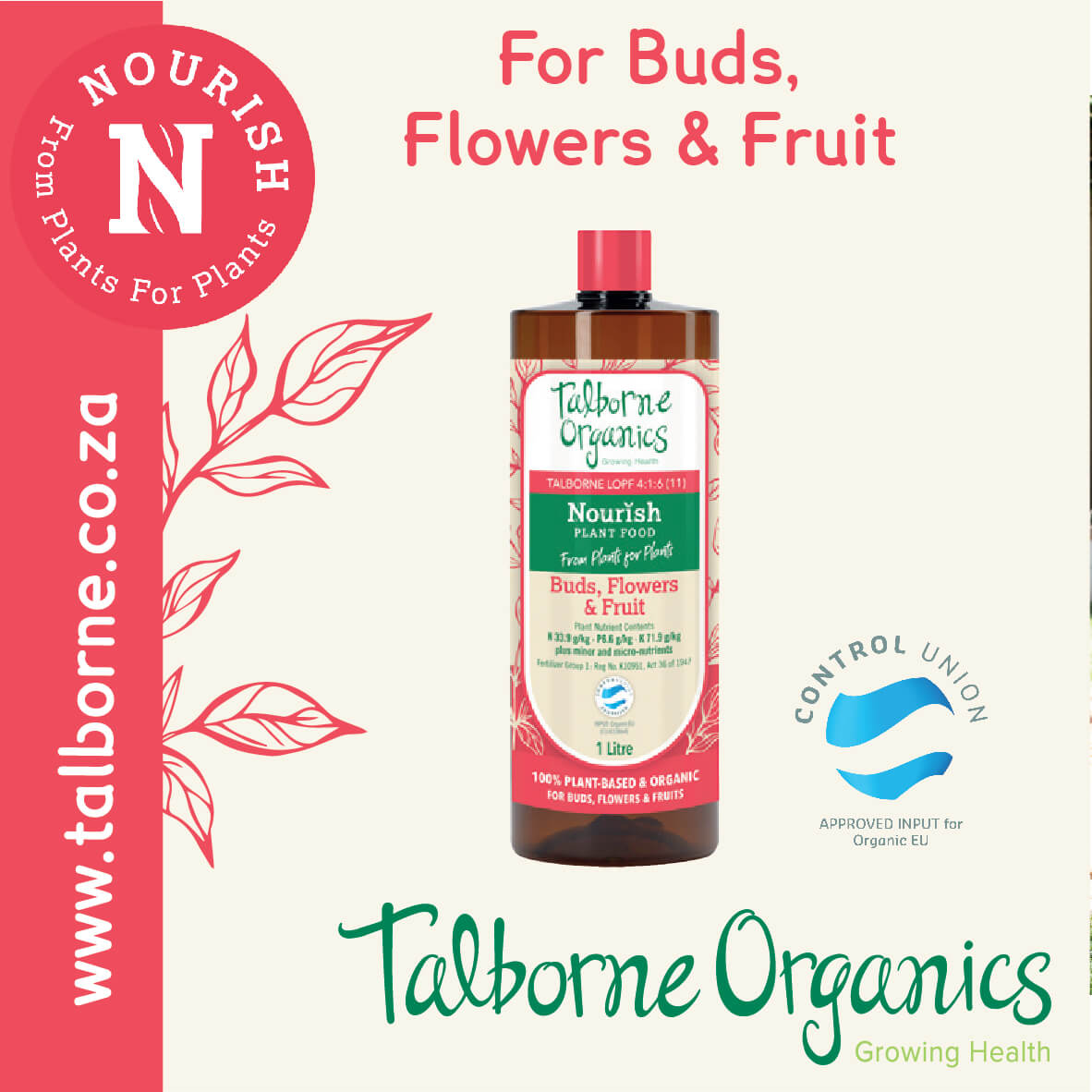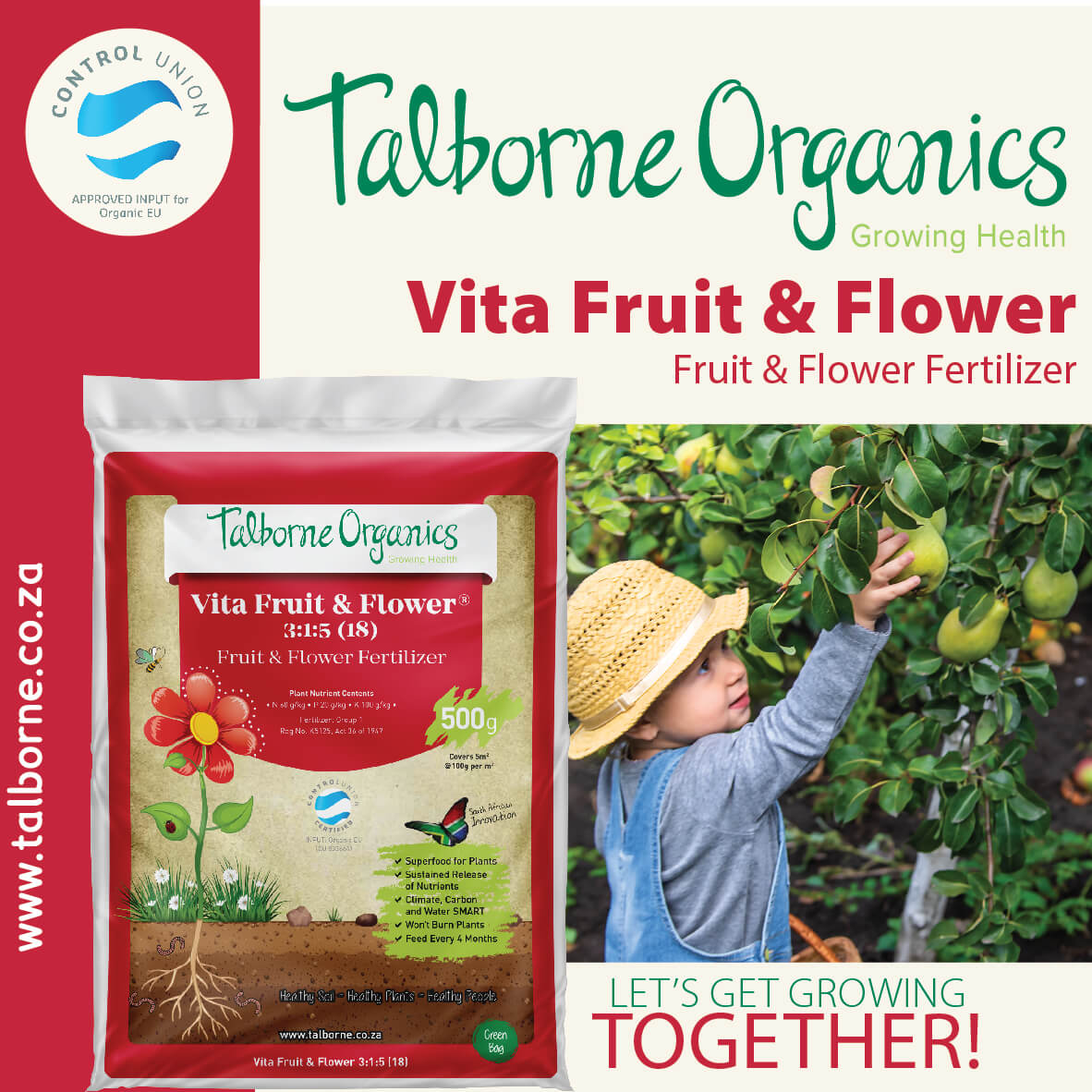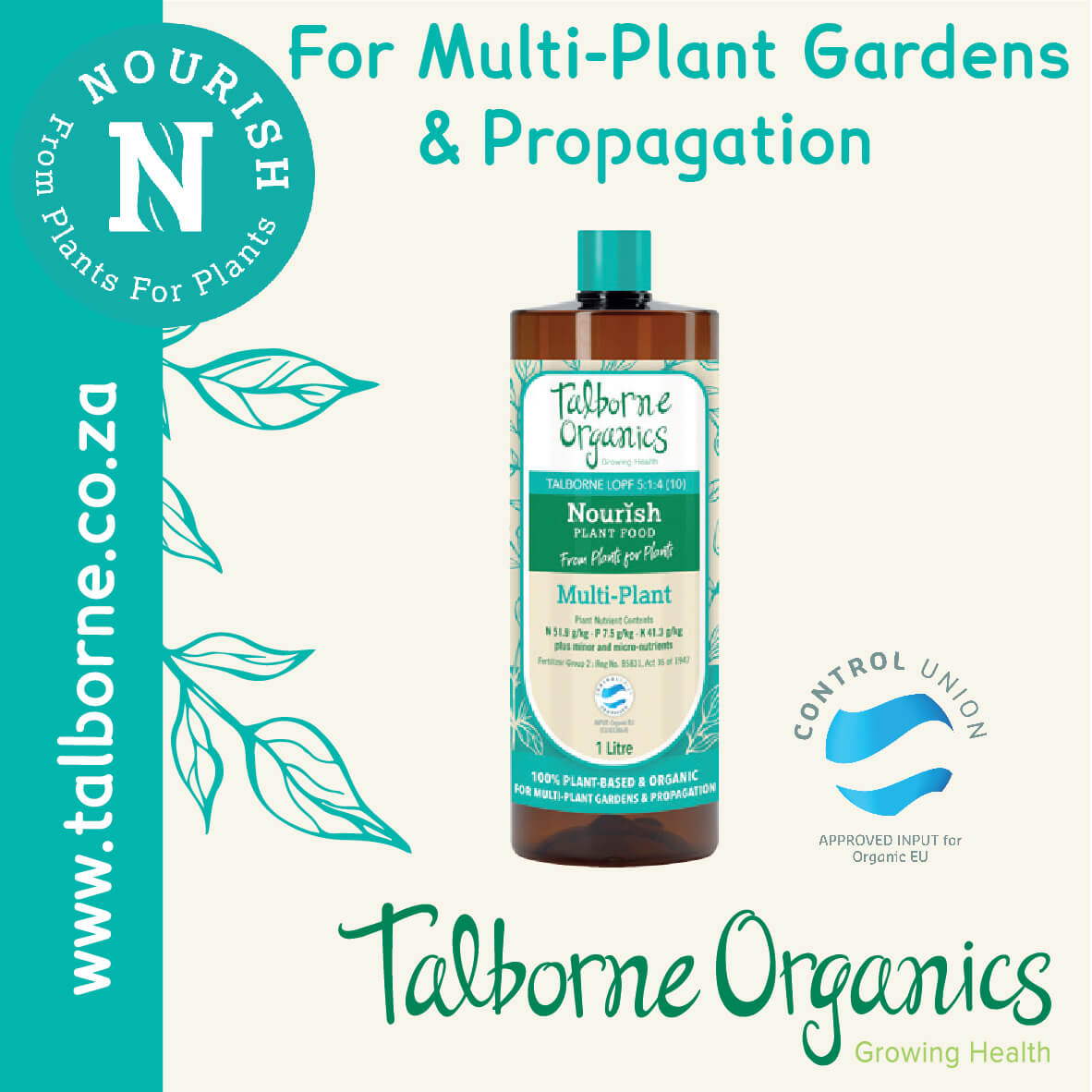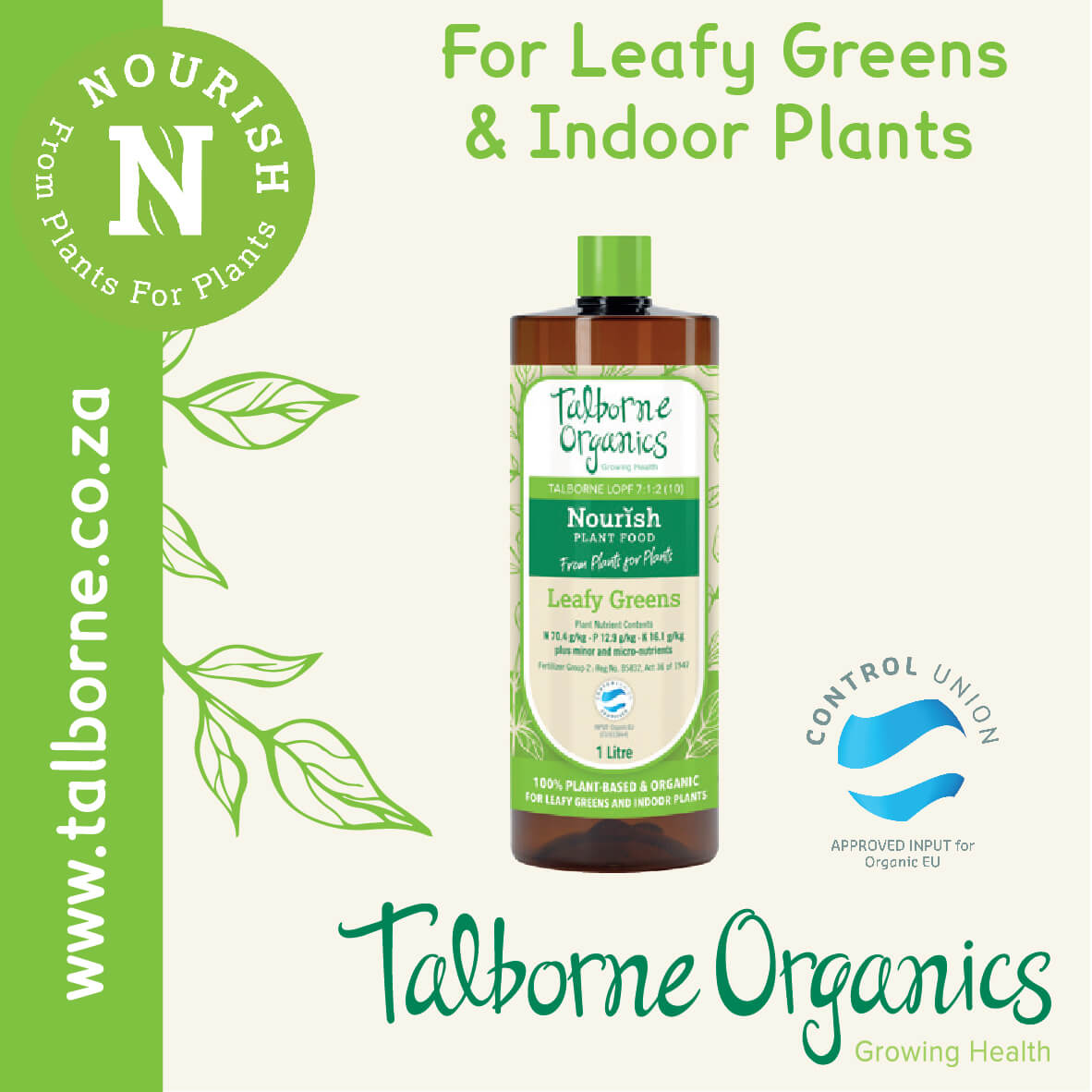| Botanical name | Cucurbita maxima |
|---|---|
| Plant Care |  Deciduous Deciduous – Sheds Its Leaves Annually  Full Sun Full Sun – Prefers 6 or more hours of sun per day. Frost Hardy Frost Hardy – Can Handle frost without damage.  Moderate Watering Moderate Watering – Requires Regular Watering.  Pruning Required Pruning Required – Needs to be Pruned.  Non Indigenous Non Indigenous – Exotic to South Africa. |
| Categories | |
| Common name(s) | Pumpkins |
| Origin | |
| Planting instructions | For pumpkins, plant six to eight seeds 20mm deep in soil basins 300mm in diameter and 2m apart; well-enriched soil with good drainage is best. |
| Maintenance | Water well during dry weather and feed with liquid fertilizer every 10 days once the fruits start to swell. |
| Soil conditions | For pumpkins well-enriched soil with good drainage is best. |
| Uses | Dehusked seeds are a delicious snack and can be added to breads, biscuits, stuffings and stir-fries, and the pulp of the pumpkin, is a great ingredient in roasts, fritters and pies. The flowers are also edible and can be added to dishes as flavouring. |
| Interesting planting ideas | Plant near mealies, beans and radishes. also plant garlic and chives near them, this helps with mildew. |
| Interesting info | Pumpkins are rampant growers and not ideal for smaller gardens as they take up too much space. Recommended variety: Flat White Boer Ford is medium-sized, drought tolerant. |
| Common pests and diseases | Pumpkin fly, aphids. Mildew. |
| Yield | Five plants should yield enough pumpkins, for a family of five. |
Cucurbita maxima (Pumpkins)
- Botanical name: Cucurbita maxima
- Common name(s): Pumpkins
- Categories: Fruits and Vegetables
Plant description:
Pumpkins, squash, marrows and courgettes (baby marrows) all fall into the same group of easy-to grow,warm-season crops.
Family: Cucurbitaceae
Botanical Pronunciation: kew-KUR-bit-uh MACKS-ih-muh
Cucurbita maxima requirements and features
info on these icons
Moderate Maintenance
Requires moderate maintenance.
Prohibited Use Notice: No Data Scraping Allowed Except for Search Engine Indexing:
The content provided on PlantInfo.co.za is intended for personal, non-commercial use only. Unauthorized extraction, reproduction, or use of the data, including scraping, for any purpose other than search engine indexing is strictly prohibited. Violations of these terms may result in legal action. By accessing and using this website, you agree to comply with these conditions and acknowledge the legal restrictions on the use of our content.
